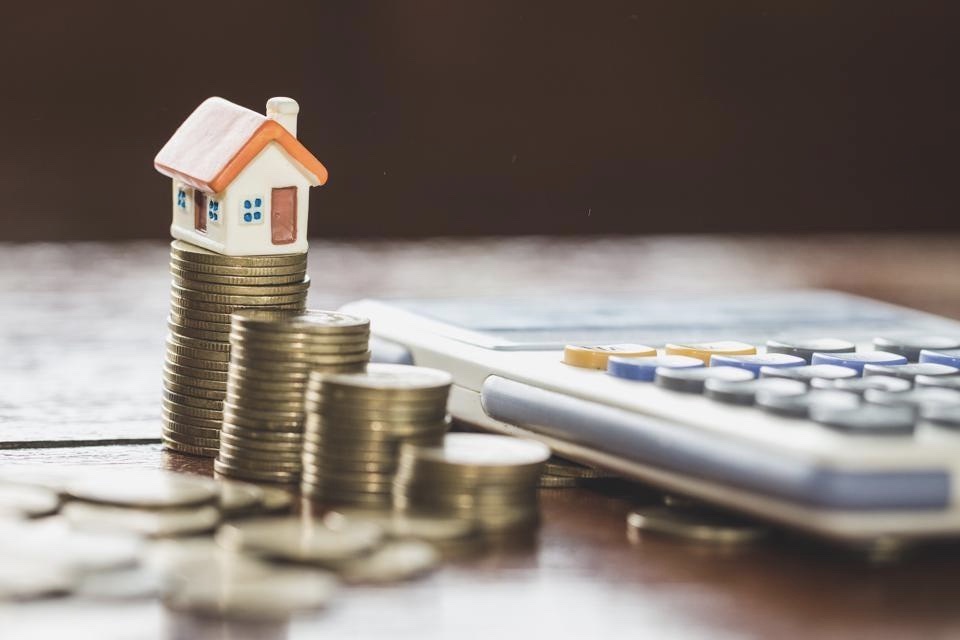
During times of economic downturn, the investment landscape becomes uncertain, and individuals seek ways to protect and grow their wealth. Real estate, with its potential for long-term appreciation and consistent cash flow, often emerges as a tempting option. However, the decision to invest in real estate during an economic downturn requires careful consideration. In this article, we will explore the pros and cons of investing in real estate during challenging economic times and provide insights to help you make an informed decision. Let’s delve into the subheadings below to understand the factors involved in investing in real estate during an economic downturn.
Market Dynamics and Opportunities
An economic downturn can create unique opportunities in the real estate market. As property values decline and demand softens, motivated sellers may be willing to negotiate favorable deals. Distressed properties, such as foreclosures or short sales, may become more abundant, allowing investors to acquire properties below market value. Additionally, rental demand tends to rise during economic downturns as homeownership becomes less attainable for some individuals, making real estate an attractive asset class for generating consistent rental income, says Dan Eastman, Co-Owner of DFW Stained Concrete.
Risk Mitigation and Long-Term Perspective
Investing in real estate during an economic downturn requires a long-term perspective and careful risk mitigation. While property values may experience a temporary decline, real estate has historically shown resilience and the potential for recovery over time. By conducting thorough market research, focusing on properties in desirable locations, and ensuring the property has strong rental potential, investors can mitigate risks associated with economic volatility. Additionally, diversifying your real estate portfolio across different markets and property types can further reduce risk and increase the likelihood of long-term success.
Financing and Affordability
Economic downturns often lead to lower interest rates, which can make financing more affordable for real estate investors. Lower interest rates can translate into lower mortgage payments, improving cash flow and increasing the potential return on investment. However, it’s crucial to exercise caution and ensure you have a stable financial position before taking on additional debt. Lenders may tighten their lending criteria during economic downturns, making it essential to have a strong credit history, a sizable down payment, and a thorough understanding of your financial capabilities, says Austin Fain, Owner of Perfect Steel Solutions.
Market Timing and Investment Strategy
Timing is critical when investing in real estate during an economic downturn. Attempting to time the bottom of the market can be challenging, if not impossible. Instead, it’s advisable to focus on finding properties with strong fundamentals and favorable cash flow potential, rather than relying solely on short-term market fluctuations. Adopting a long-term investment strategy and being patient can yield better results, as real estate investments are generally intended for sustained growth and income generation, says Robin of KodeKloud.
Professional Guidance and Due Diligence
Investing in real estate during an economic downturn requires careful due diligence and professional guidance. Engaging the expertise of a real estate agent, property manager, or investment advisor can provide valuable insights into market trends, property valuation, and rental demand. These professionals can help you identify opportunities, navigate potential risks, and make informed investment decisions based on your financial goals and risk tolerance, says Ryan Vaughn of San Diego Stamped Concrete & Staining.
Conclusion
Investing in real estate during an economic downturn can offer unique opportunities for savvy investors. While there are risks associated with market volatility, a well-researched and strategic approach can lead to long-term financial gains. It’s essential to consider market dynamics, risk mitigation strategies, financing options, investment timing, and seek professional guidance before making any investment decisions. Ultimately, investing in real estate during an economic downturn can be a viable strategy for building wealth and achieving financial stability, provided you approach it with caution, diligence, and a long-term perspective.
Interesting Related Article: “6 Trending Countries to Grow Your Real Estate Business“

